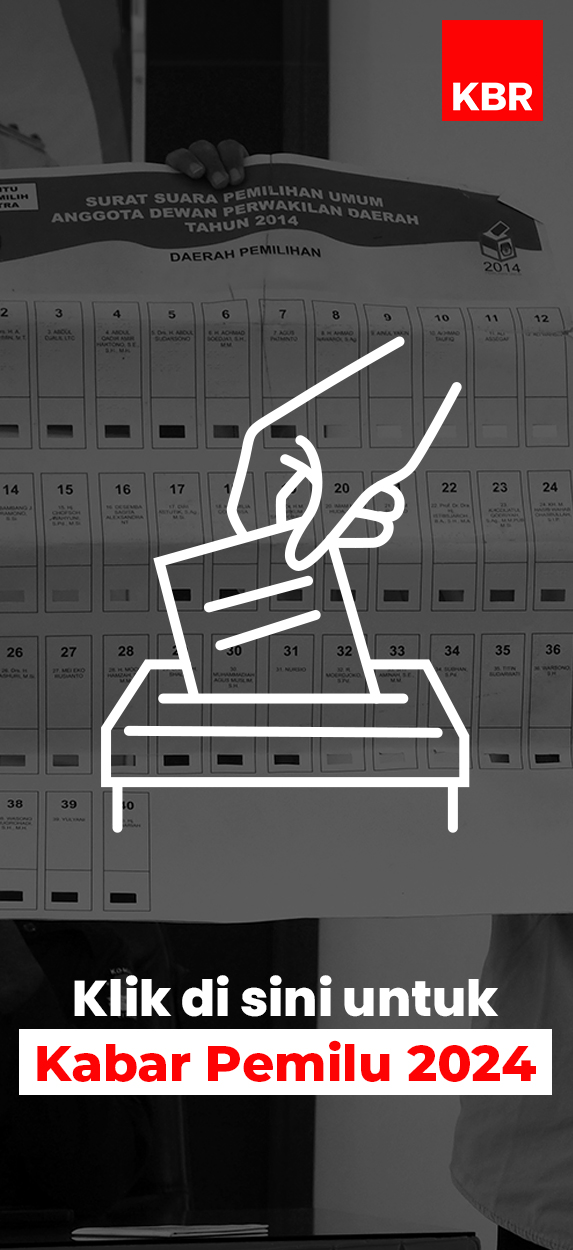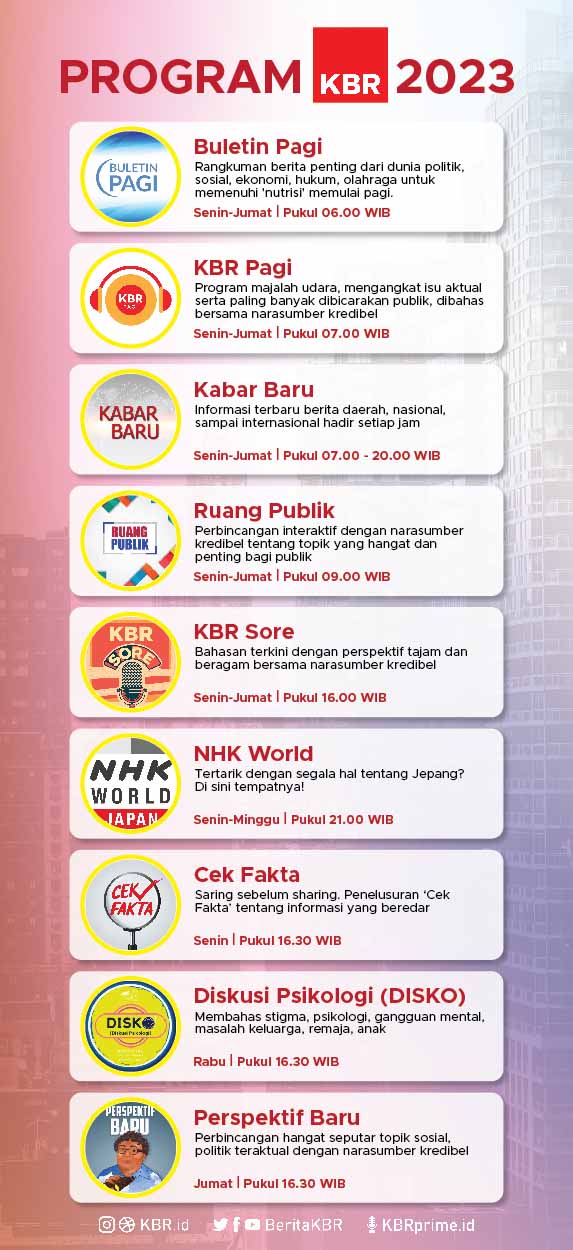27-year-old Ijaz Mirza is one of the 15 Muslim youths who were arrested 6 months ago. Police accused him of being a member of a terrorist organisation involved in anti-national activities.
But he rejects the charges and describes his arrest as illegal.
“I was in my room when a group of people in plain clothes barged in and grabbed me. They said nothing, just slapped me a few times and then ordered me to come with them. I didn’t know that they were policemen. There was a skull cap on my table which they ordered me to wear. I refused and asked them who they were and where they wanted to take me? They started abusing me and then forcibly took me away.”
Mirza was released on bail last month after the police failed to file a case against him. But he lost his job as a research scientist at a center run by the Ministry of Defence.
Two weeks after Mirza’s release, the Delhi police paraded 40-year-old Kashmiri Muslim, Liaqat Shah, before the media.
“He has come here, to the nation’s capital, to coordinate and supervise a suicide attack,” explains Sanjeev Yadav, the Deputy Commissioner of Police.
The police also said that they’d recovered arms and ammunition from him.
But Shah’s wife, Akhtarun Nisa, says he’s innocent and the case against him has been completely fabricated.
“What they are saying is pure lies. I was with my husband when they arrested him. We only had clothes with us and nothing else. They’re now telling these lies to deceive people. This is a conspiracy against him.”
Several other Muslim youths have been arrested on terror charges in recent weeks. This has reinforced a sense of insecurity among Indian Muslims.
“In most cases the targets are educated young Muslims and the cases are happening more often in those areas where the Muslim community is making progress economically,” says Musharraf Hussain, Secretary of the All India Milli Council, a coalition of Muslim groups.
“And when these things happen, it doesn’t only affect the victims and their family but also demoralises and frightens the entire community. And then all our efforts at dealing with these problems and the economic activity comes to a standstill.”
The Muslim community is also concerned about the growing suspicion among the security agencies of its educational institutions.
A few weeks ago, an internal police memo was accidently leaked to the media. It asked the police to keep an eye on a Muslim girl’s school which was allegedly being used to recruit women for jihad.
The Madrassas, or Muslim schools, have always been on the radar of the security agencies.
But Muslim clerics strongly refute the allegation.
“What we teach here is the Quran and the teachings of the Prophet Mohammad,” , says Mirza Zaki Beig, head of a Madrassa in New Delhi.
“We make them aware of their duties and obligations as a Muslim and as a human being. And if we look at the record, no Madrassa has ever been closed down for being involved in any such activities. Nobody associated with a Madrassa has ever been convicted by any Indian court for any such crime, but if the agencies still think Madrassas are harbouring terrorists, it only goes to show the communal mindset they have.”
Muslim organisations and leaders joined together to launch a “Movement for Justice” recently in New Delhi.
The Minister of Miniority Affairs, K. Rehman Khan, used the opportunity to reach out to the Muslim community. The minister said that the government is considering setting up some special fast track courts to try the cases involving the Muslim youths that have been arrested.
“The government is fully aware that the minorities, especially the Muslim community, is feeling insecure with the repeated occurrence of some unfortunate incidents. But I want to assure you that it has also disturbed all of us and we are looking at the issue with all seriousness.”
But recommendations by a government panel five years ago have not yet been fully implemented. The panel was designed to look into the problems facing the Muslim community in India.
Their report claimed that the condition of Muslims in India was now worse than that of the Dalits, who are considered the most oppressed and underprivileged community.
Former Chief Justice of the Delhi High Court, Rajendra Sachchar, was the head of the panel. He says there is an urgent need to end the impunity within the security agencies by making them accountable for their actions.
“In many cases the courts have found the people innocent, and that the evidence against them has been fabricated, but they still languish in jail for years. The courts have recommended, and in some cases even ordered, that action be taken against such officers. But nothing happened. The government didn’t even apologise to the victims or pay them any compensation. If the government can’t even do this, how can it instil confidence among the minorities?”
The report recommended a number of measures to improve the social, economic and political standing of the Muslim community. But so far, only a few of them have been implemented.
Manzoor Alam is one of the contributors to the Sachchar Committee report. He says it’s important to implement all the panel’s recommendations.
“Unless there is a change in mindset, we can’t really think of a cure.”
“But it takes time to change the mindset so we need to do what the panel has suggested. We also need to restructure the police force to include a ratio of Muslims, which represents the size of their community. They’re the main victims and their presence in the force will help break the cycle of discrimination. Unless we adopt this approach, we are not going to see the end of this injustice.”
Ending Bias Against Muslims in India
The Muslim community in India recently launched a campaign to protest the arbitrary arrest, torture, and harassment of Muslim youth in the name of fighting terror.

INDONESIA
Rabu, 08 Mei 2013 16:58 WIB


India, Muslim, bias, terror, Bismillah Geelani
Kirim pesan ke kami
WhatsappRecent KBR Prime Podcast
Kabar Baru Jam 7
Strategi Perempuan Pengemudi Ojol Mengatasi Cuaca Ekstrem (Bag.4)
Arab Saudi Bangun Taman Hiburan Bertema Minyak di Tengah Laut
Menguji Gagasan Pangan Cawapres
Mahfud MD akan Mundur dari Menkopolhukam, Jokowi: Saya Sangat Hargai




